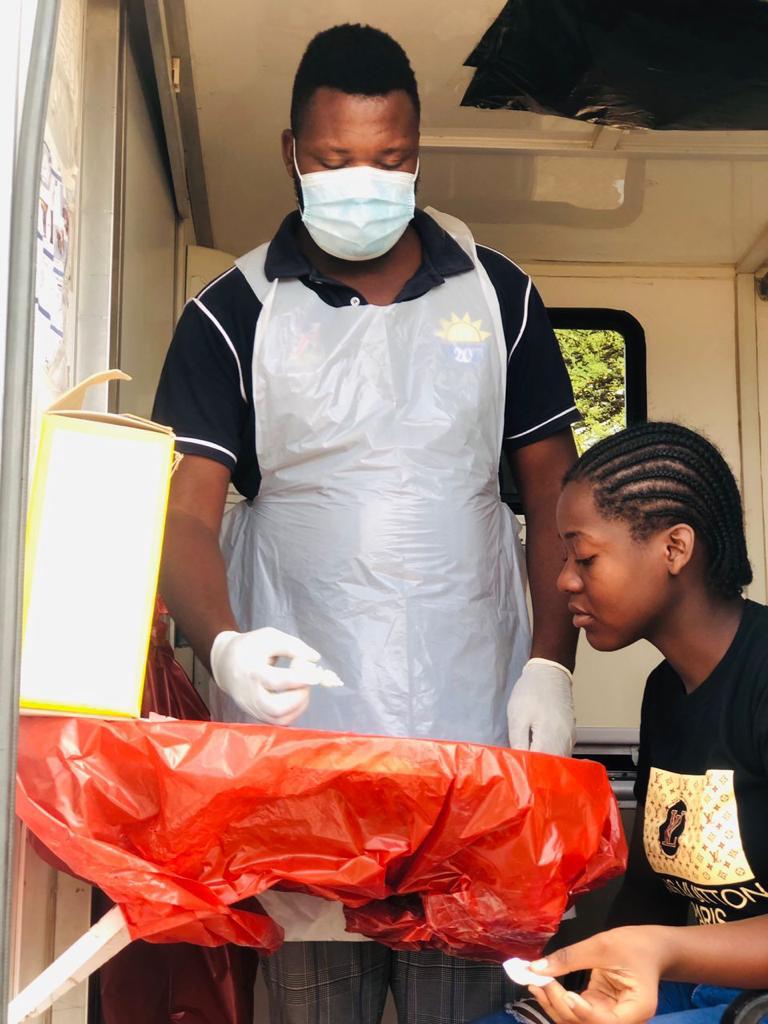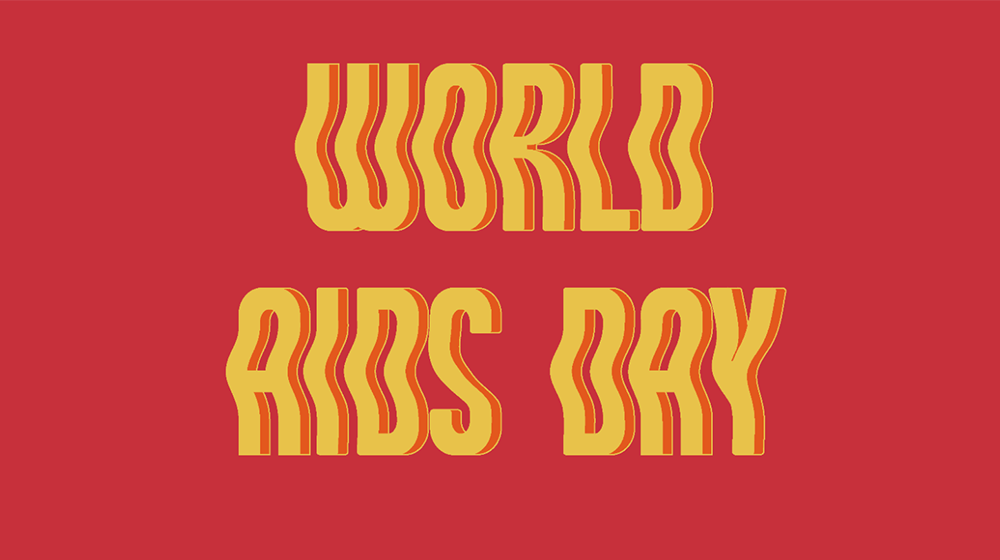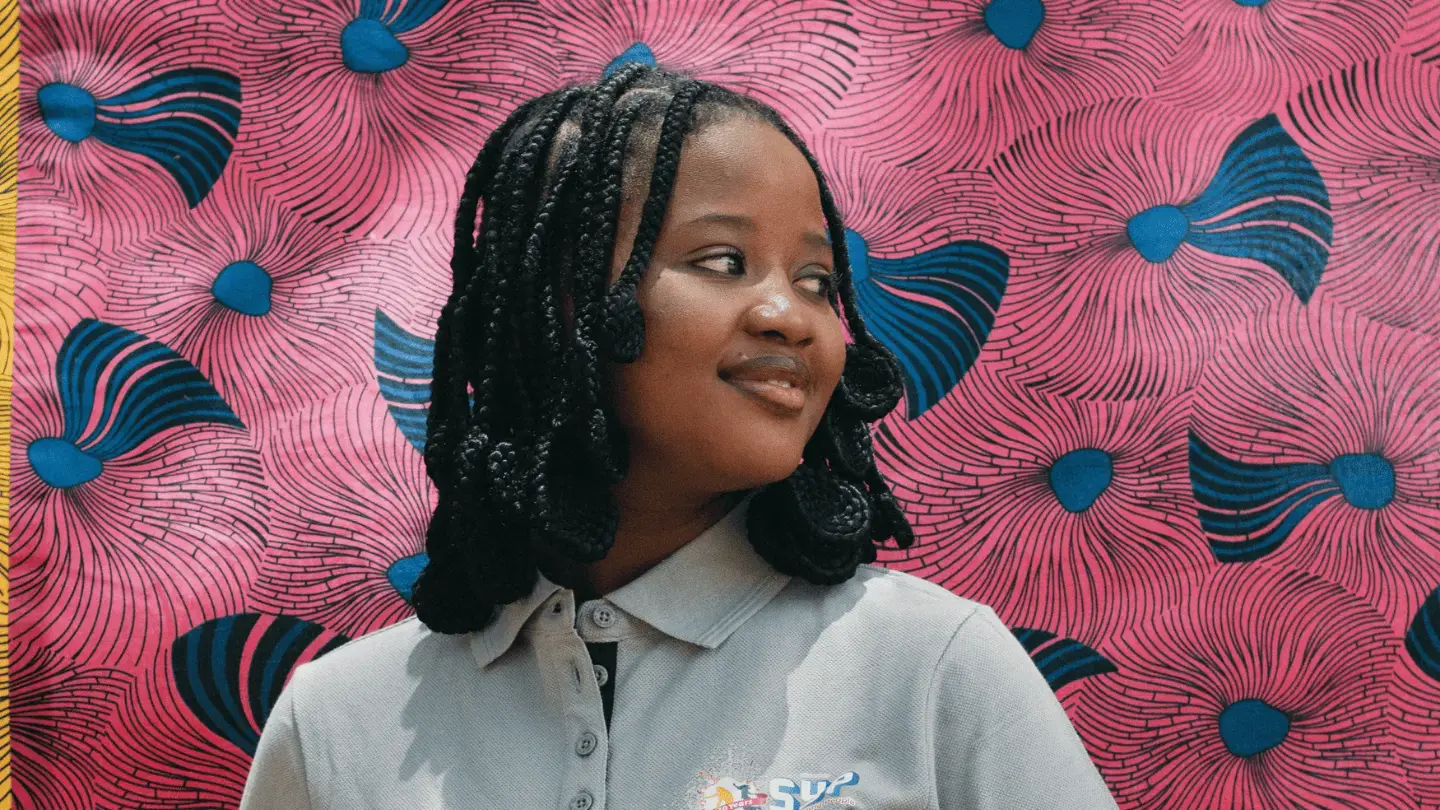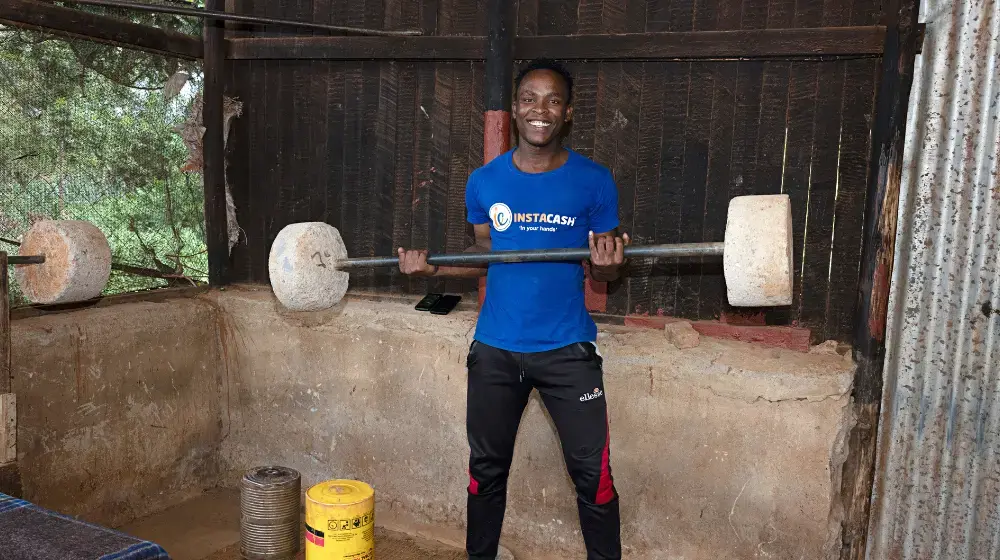ZAMBEZI, Namibia – Twenty-year-old university student Haillie Lushetile did not have any easy childhood. At five years old, she survived being raped by a family member. She repressed the traumatic experience, however, until her stepfather attempted to assault her when she was 16.
“The person who was supposed to protect me wanted to do this to me,” she told UNFPA, the United Nations sexual and reproductive health agency.
In 2013, 7 per cent of Namibian women aged 15-49 reported having faced sexual violence since age 15. The ramifications of such violations can be devastating; survivors may face challenges to their mental and physical health, including through exposure to sexually transmitted infections like HIV.
Around the globe, patriarchal power structures incite rights violations, including gender-based violence, which in turn drive the transmission of HIV. In fact, women forced to confront intimate partner violence in countries with high HIV prevalence may be at up to 50 per cent increased risk of contracting the virus.
Violence and risk of HIV
In Namibia, which has the fifth-highest HIV prevalence rate in the world, gender-based violence is pervasive. In 2021, research showed that nearly six in ten Namibians saw violence against women as a somewhat or very common occurrence in society; four in ten people, meanwhile, said it was at least sometimes justifiable for a husband to physically abuse his wife.
UNFPA supports HIV testing, treatment and prevention services for communities across Namibia. Between January and September 2023, the agency and its partner, the Society for Family Health, reached nearly 24,000 people with essential sexual and reproductive health information and care.
I had to get tested. If I had HIV, I didn’t want to infect others.
For Ms. Lushetile, getting tested for HIV was an essential way to understand how her past would impact her present. She worried her history with sexual assault had made her vulnerable to the virus.
“I had to get tested,” she said. “If I had HIV, I didn’t want to infect others.”
Knowledge is power

Ms. Lushetile tested negative that day – and again in November 2023, confirmed at a UNFPA-supported mobile health clinic.
The testing programme has provided the opportunity for thousands of people in Namibia to get tested.
“When you test, you free your mind and protect not only yourself but people around you as well,” Ms. Lushetile said. “Knowing your status empowers you to make the right choices for your health.”
Yet while many people are aware of practical steps they can take to reduce their risk of acquiring HIV, such as using condoms, eliminating gender inequality is another question.
“The world has made remarkable strides in curbing the AIDS pandemic. Yet, we are not at the finish line,” said UNFPA Executive Director Dr. Natalia Kanem in her statement on World AIDS Day. “Ending AIDS as a public health threat by 2030 requires halting the epidemics of gender inequality and of the gender-based violence that fuel its spread.”
Now studying procurement at the the Namibia University of Science and Technology, Ms. Lushetile aspires to become a motivational speaker and writer after graduation.
“I believe that my story can be used to save someone one day,” she said. “Your story holds power.”




